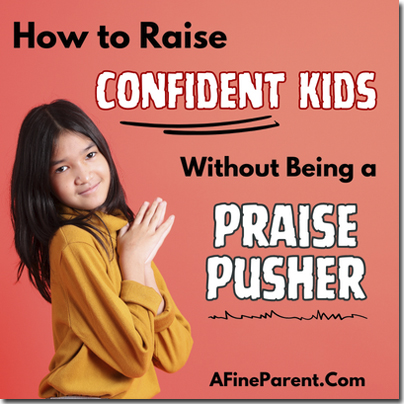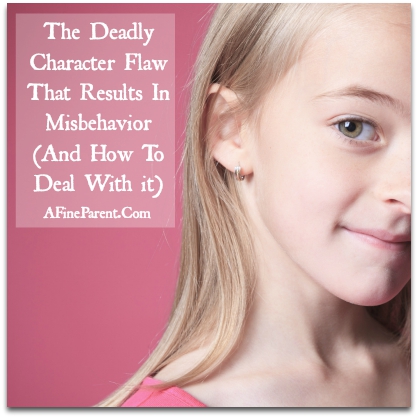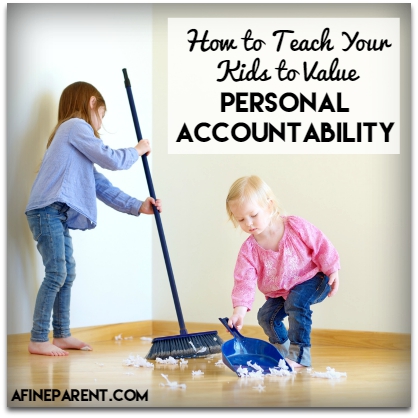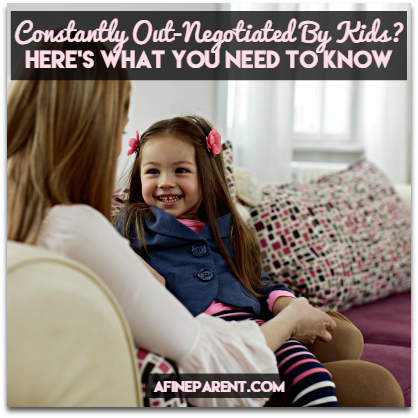 Do you ever feel doomed to being just like your parents, even though you’re trying hard to do better?
Do you ever feel doomed to being just like your parents, even though you’re trying hard to do better?
I know how hard it is to try being a positive parent when you’ve been raised in a punitive home.
Like me, you may have grown up in a home where spanking, hitting, yelling, or shaming were the main “discipline techniques.” And now maybe you’re horrified to find yourself resorting to these techniques, too.
I lay SweetPea down on the floor to change her diaper. Immediately she twists her hips to flip over so she can crawl away. Clenching my jaw, I flip her on her back again and try to distract her with singing, but she is intent on reaching her activity center. Unbidden, the image of my hand slapping the soft, tender flesh of her thigh flashes through my mind. I take a deep breath. I acknowledge my own frustration. I decide she and I both need a break from the struggle. “We’ll try again in a few minutes,” I say as I let her go and she happily crawls away.
My impulse to lash out comes naturally to me; I absorbed it from my parents. I’ve spent the last 15 years as a teacher and nanny learning how to react differently and overcome these unbidden impulses so that I don’t pass them on to my daughter.
The good news is that it doesn’t have to take you 15 years to start becoming a more positive parent! I’ll share with you how I healed from childhood wounds and techniques you can use now to re-write your parenting scripts.
Choosing a Better Way
Re-creating the same negativity is not our destiny; we can choose a better way to raise our own kids.
The question, of course, is how?
Despite our best intentions, the things our parents said to us often become the same dreaded words we say to our kids.
“Because I said so.”
“Stop that crying right this instant.”
“That’s it! No TV for you tonight.”
Like my momentary impulse to slap my daughter when she resists diaper changes, the way we were parented becomes our automatic default response.
But it doesn’t have to be that way. [Read more…]
 “I’m so proud!” “What a good girl!” “You are SO talented!”
“I’m so proud!” “What a good girl!” “You are SO talented!” Your kids say
Your kids say  Did you know that one of the most important character traits we can teach our kids is personal accountability? But, how?
Did you know that one of the most important character traits we can teach our kids is personal accountability? But, how? Have you ever found yourself drawn into deep negotiations with your child?
Have you ever found yourself drawn into deep negotiations with your child?